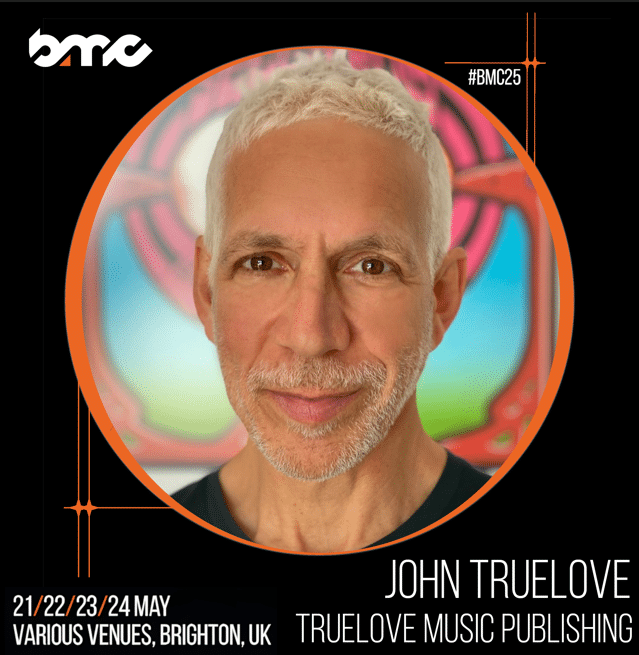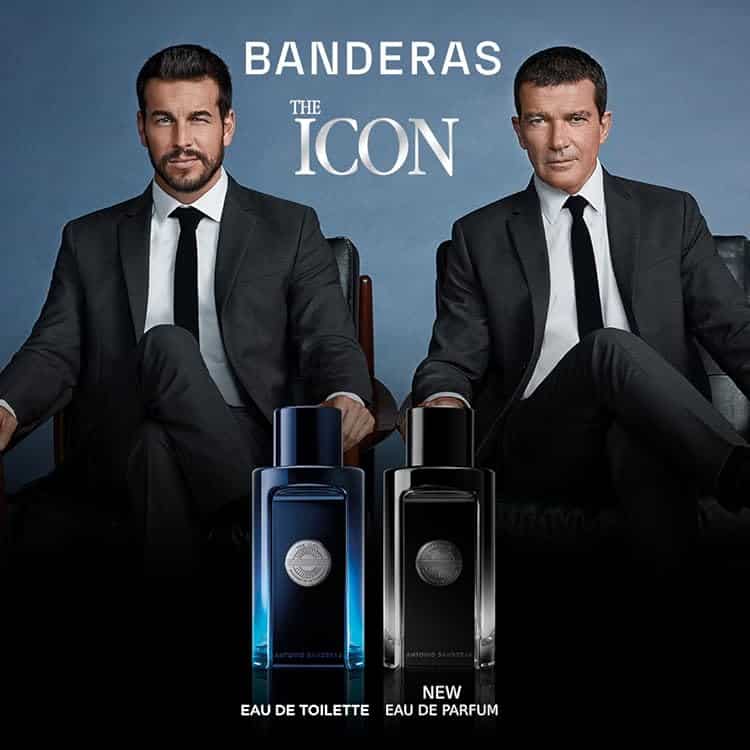Music creators will receive royalties from performances of their music played by DJs in nightclubs, as PRS for Music and PPL expand their distribution policies to include data generated from music recognition technology, in turn improving the accuracy of royalty distributions.
The policy changes come following a year-long nationwide pilot carried out by the two music rights organisations. The pilot tested the accuracy of music recognition technology in identifying music played by DJs and evaluated how the data gathered could be used to supplement existing distribution methods.
Members of both organisations receive their first royalty payment from data collected and reported via music recognition technology in nightclubs this year.
A small music recognition device installed in participating nightclubs, listens to the music a DJ plays and analyses it against a database of millions of individual sound recordings, creating highly accurate setlist information. PRS for Music and PPL then use this setlist information to distribute royalties back to the creators of those recordings and works.
Over 31 million seconds of music have been captured by music recognition technology in participating nightclubs so far, with up to 95% of all music played successfully reported back to PRS for Music and PPL.
Now both organisations are calling for more venues to adopt the devices and encourage members to upload their recordings and metadata to chosen tech partner, DJ Monitor, to ensure continued positive progression for the future.





